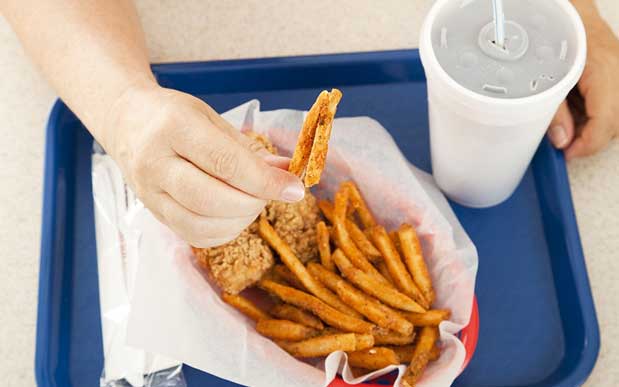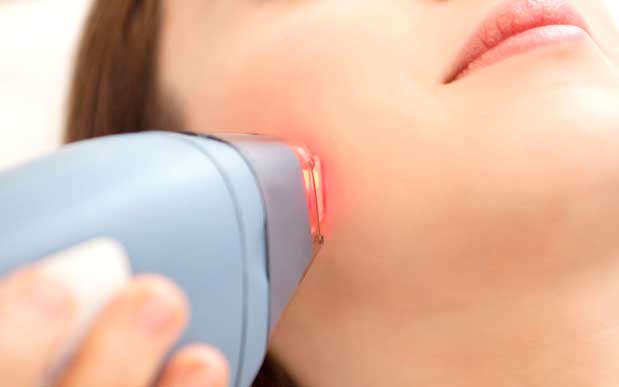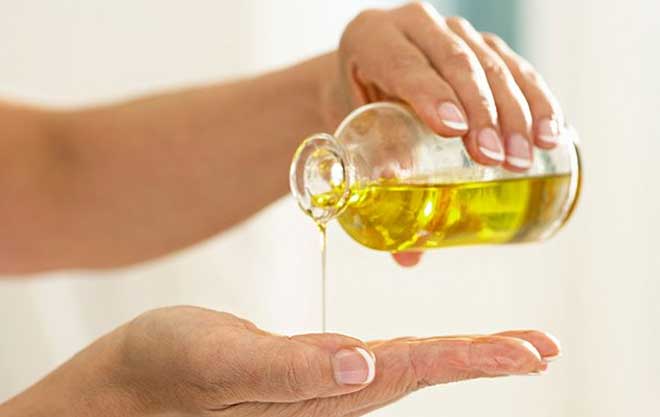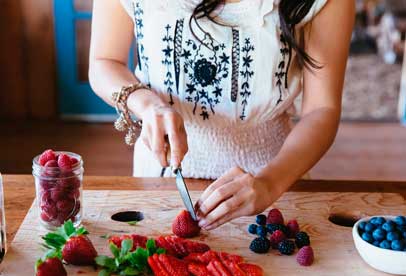
Soda, pizza and salty food up liver disease in kids: Study
Children who regularly intake fructose present in soda, sweetened beverages, pizza and salty food, biscuits, yogurt may be be prone to liver disease, researchers warn.
According to a study, led by researchers from Bambino Gesu Hospital in Italy, dietary fructose increases serum uric acid concentrations.
Both uric acid concentration and fructose consumption may be high in individuals with non-alcoholic fatty liver disease (NAFLD) - a condition where extra fat is accumulated in liver cells in people who drink little or no alcohol.
It is estimated to affect up to 30 per cent of the general population in Western countries and up to 9.6 per cent of all children and 38 per cent of obese children across a spectrum of liver disease, including NASH (defined as steatosis, hepatocyte ballooning and inflammation).
Although NASH is a less aggressive form of NAFLD, it can progress to severe fibrosis and cirrhosis, with development of hepatocellular carcinoma in adults.
The findings suggested that fructose consumption was independently associated with high uric acid, which occurred more frequently in patients with NASH than in not-NASH patients.
"It is plausible that dietary fructose intake and uric acid concentrations are potential risk factors for liver disease progression in NAFLD," said Valerio Nobili from Bambino Gesu Hospital in Italy.
Related News

Why and how exercises reduce the risk of CANCER?

10 questions about laser hair removal

Wash Your Face with Oil

Healthiest Foods For Women

Whole-body vibration may be as effective as regular exercise

This Yoga Flow Will Instantly Boost Your Mood

8 Time-Saving Meal Prep Ideas Nutritionists Actually Use

Breakthrough drug restores more than 90% of lost hair in most patients
Most Read
★Is there a way to combat greying?
★8 Time-Saving Meal Prep Ideas Nutritionists Actually Use
★The best effective and natural plants for a good memory
★10 Ways To Use Sesame Oil For Beautiful Skin
★Top 5 foods for glowing skin
★Daily consumption of tea protects the elderly from cognitive decline
★5 surprising beauty benefits of amla
★Study reveals alarming dangers of anti-ageing jabs
★Grean tea could help get rid of acne
★10 Healthy Twists on Classic Diner Dishes
★WHO says strawberries may not be so safe for you
★23 foods that contain NO calories
★6 Fantastic Yoga Asanas That Will Help You Fight Skin Problems
★Haryana girl Nishtha Dudeja wins Miss Deaf Asia 2018 crown
★Tips to Even your Skin Tone Naturally
★What dangers are hidden in your pillow?
★Is This the Best Diet for Post-Menopausal Women?
★Humans evolved to benefit from fermented foods
★10 Benefits Of Climbing Stairs ? An Underdog In The World Of Fitness
★Guinness World Record for bearded woman Harnaam Kaur
★5 DIY masks for your various hair concerns
★6 Best Oils for a Naturally Clear and Glowing Skin
★Why most people use emotional words to persuade others
★The Simple 20-Minute Habit That Could Save Your Life
★Best and Worst Drinks for Weight Loss
★5 foods for healthy skin
★Daylight Savings Time: That miserable time of year when many mourn loss of one-hour sleep
★Yoga Asanas To Prevent Hair Loss
★This Yoga Flow Will Instantly Boost Your Mood
★How to Do Face Cleansing at Home?
★How to Make Elderberry Syrup
★9 Super Simple Exercises to Reduce Belly Fat
★Cancer risk of breast implants 10 times higher than first feared
★Fasting might be good for your healh, research says
★5 Tips to Take Care of Your Sensitive Skin
★Dandelion Benefits Biodiversity, Soil and Your Health
★Mushrooms could prevent risk of Dementia, scientists say
★Brain health food guide for older adults
★Acne sufferers likely to live longer than people with flawless skin
★Yoga Heals More than Just Your Body
★The Benefits of Yoga Beyond Flexibility
★This is how many calories your tea and coffee habit is adding to your diet EVERY DAY
★8 Fruits that Burn Fat: Include Them In Your Diet For Great Health Benefits
★The best skin care quickies men with oily skin can get
★The Diabetes Diet
★Medication Management Tips
★10 questions about laser hair removal
★Smoking and sight loss warning
★Breakthrough drug restores more than 90% of lost hair in most patients
★6 Foods You Can Incorporate In Your Fat Burner Diet For Best Results
